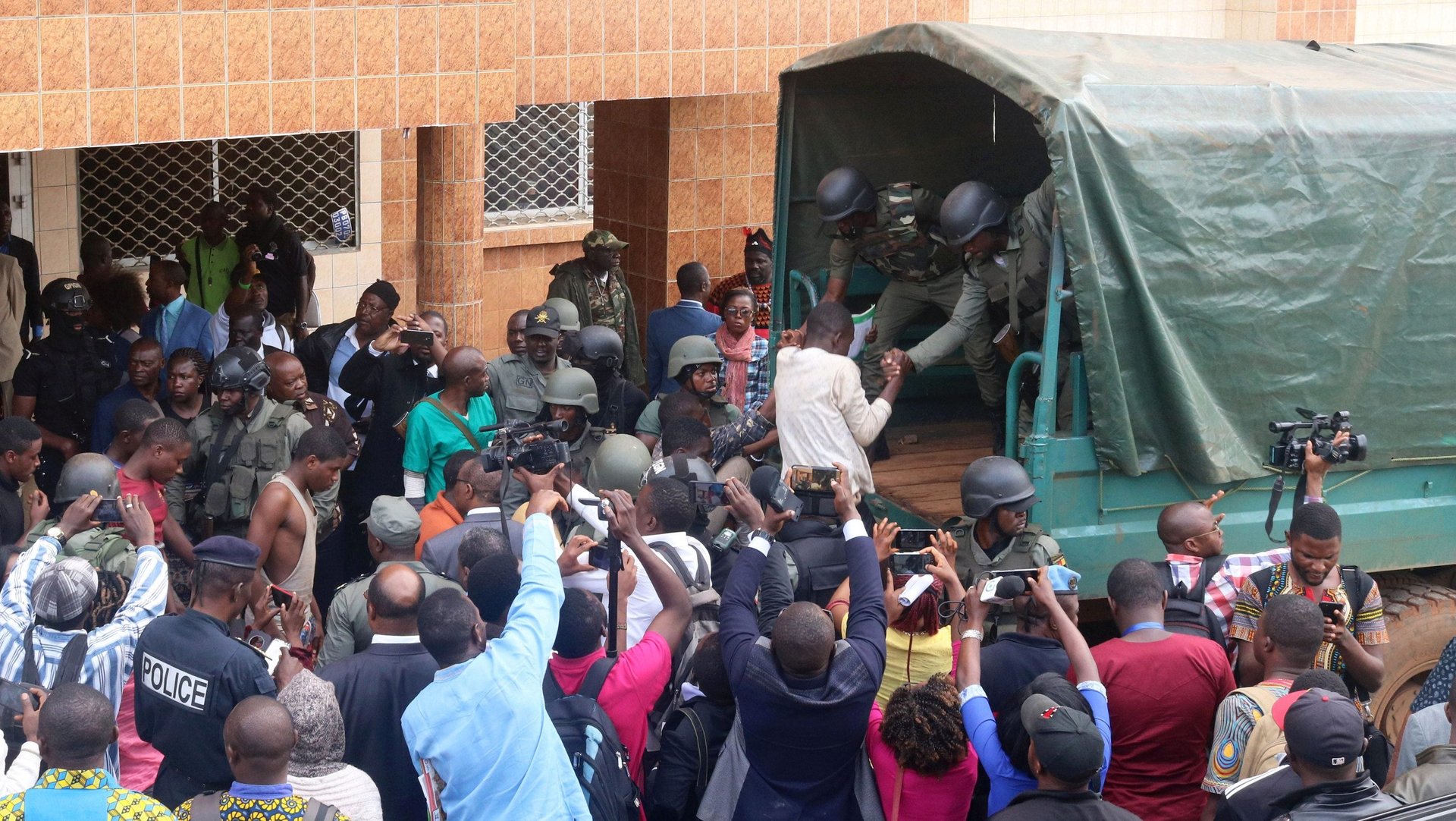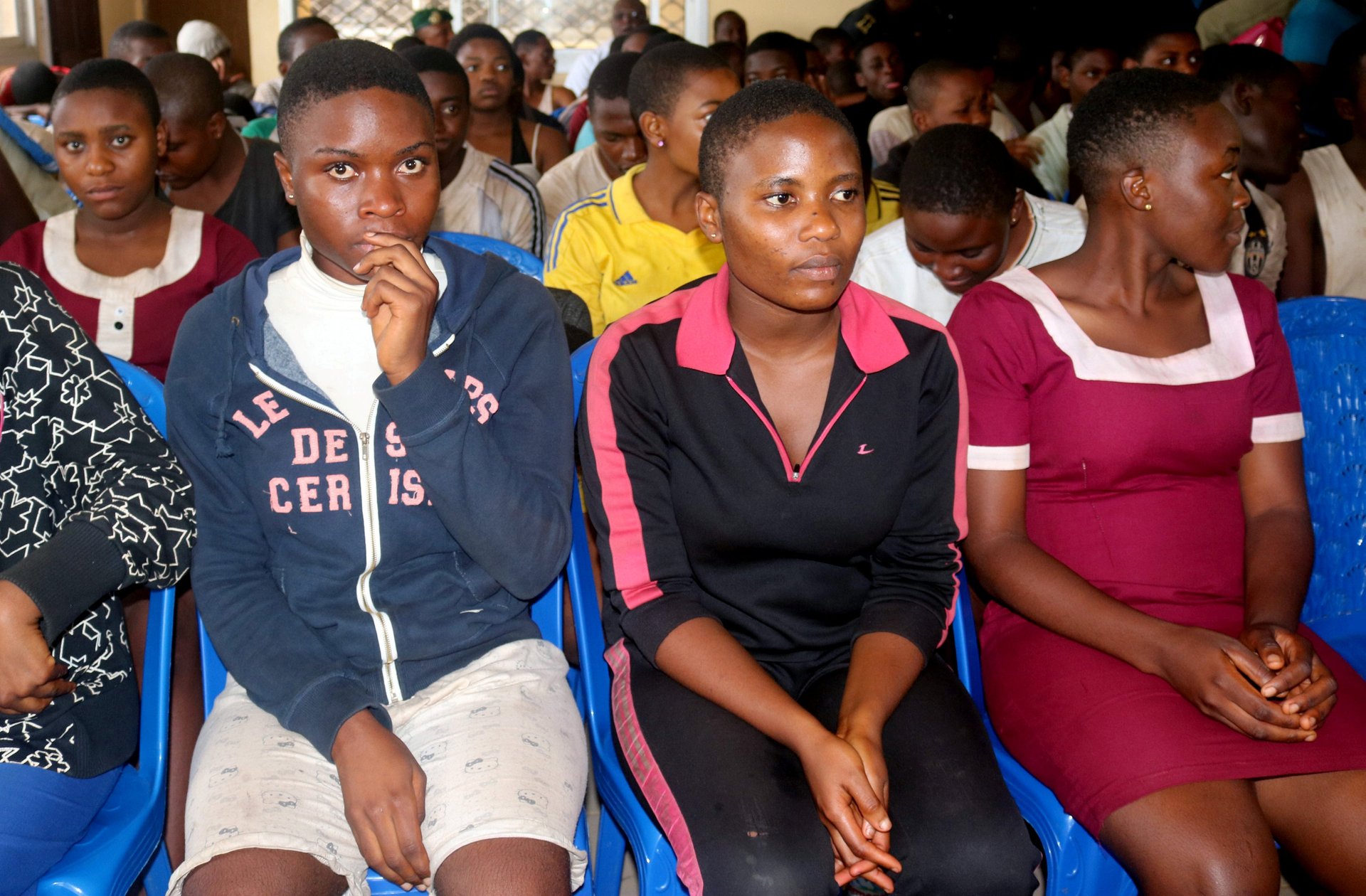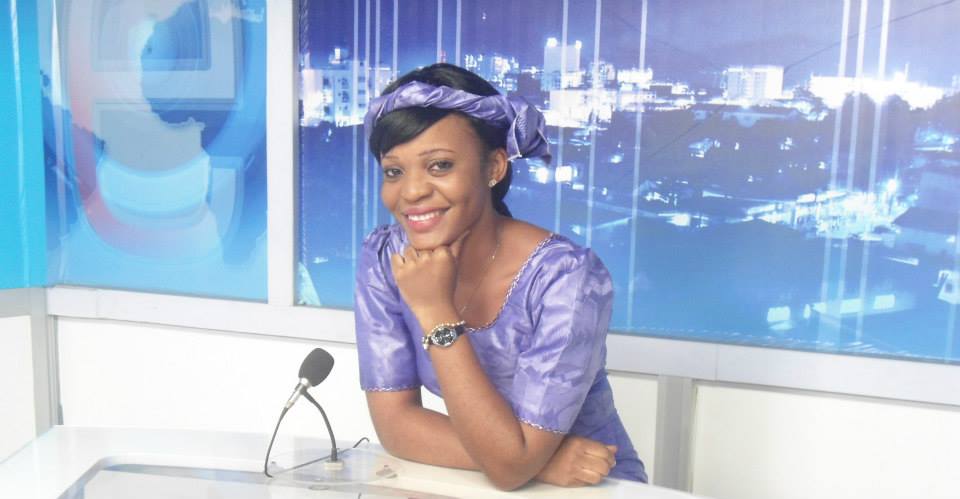Cameroon’s Anglophone separatist crisis is now a full-scale propaganda war
The Wednesday (Nov. 7) release of 78 school students who were abducted by gunmen in the city of Bamenda a few days earlier, has done little to ease suspicion or reduce the number of unproven allegations between the Cameroon government and separatist militants in the country’s Anglophone regions.


The Wednesday (Nov. 7) release of 78 school students who were abducted by gunmen in the city of Bamenda a few days earlier, has done little to ease suspicion or reduce the number of unproven allegations between the Cameroon government and separatist militants in the country’s Anglophone regions.
That’s in part because the circumstances surrounding the kidnapping remain unclear even after the school kids were allowed home to their families.
While the government has accused separatists of being responsible for the mass kidnapping, secessionists have not only denied responsibility but even suggested the abduction was stage managed by government supporters to tarnish the separatists’ image.

The incident and its outcome are the latest signs of how the Anglophone crisis in Cameroon, which has become increasingly violent with a rising number of kidnappings, has also become a full-scale propaganda battle. Much of that battle is being fought on social media platforms Facebook, WhatsApp and Twitter, with Cameroonians in the diaspora among the most influential activists as well as locals.
The crisis began two years ago after protests by English speakers against being marginalized in the dominantly French speaking central African country. Initially peaceful, the protests turned violent and eventually into outright conflict after clashes with government forces led to militants declaring an independent state called Ambazonia from the country’s northwest and southwest regions which border Nigeria.
President Paul Biya, 85, who was sworn into office for seventh time on Tuesday (Nov. 6), said “warmongers who are jeopardizing our national unity and preaching secession should know that they will face not only the full force of the law, but also the determination of our defense and security forces.”
In the midst of the fighting between government troops and armed separatists (Amba Boys), many civilians have been among the casualties of war—losing their lives or properties, being displaced, locked up, incurring physical injuries, among others. An American missionary was killed last month in cross fire between government forces and militants on the outskirts of the city of Bamenda.
Journalists too have not been spared. Mimi Mefo Takombo, a TV presenter of Equinoxe Television, was remanded in custody by a prosecutor of the Douala military tribunal. She was charged for spreading false information and undermining state security, following a tweet she made on the killing of the US missionary in Bamenda.
She was then handcuffed and thrown behind bars at the overcrowded New Bell prison in Douala.

Cameroon’s minister of communication, Issa Tchiroma Bakary, told reporters on Thursday (Nov. 8) the American pastor, Charles Truman Wesco was killed by a 12-gauge oblique bird-shot fired by a terrorist, referring to an autopsy carried out in the presence of Cameroonian and American forensic doctors. Separatists have strongly denied responsibility for the killing.
Tchiroma claims the journalist’s action has brought the defense forces into disrepute, “which is highly detrimental to the morale of the troops while they are engaged in a loyal and legal fight.”
Many personalities and organizations, including the Committee to Protect Journalists (CPJ) have called on Yaoundé to immediately release the detained journalist.
“Cameroon cannot be allowed to suppress coverage of unrest in its western, Anglophone regions by detaining journalists like Mimi Mefo. She must be released immediately,” CPJ deputy executive director, Robert Mahoney said. “The charge of publishing information that infringes on territorial integrity is a laughable smokescreen for censorship, plain and simple.”
Sign up to the Quartz Africa Weekly Brief here for news and analysis on African business, tech and innovation in your inbox